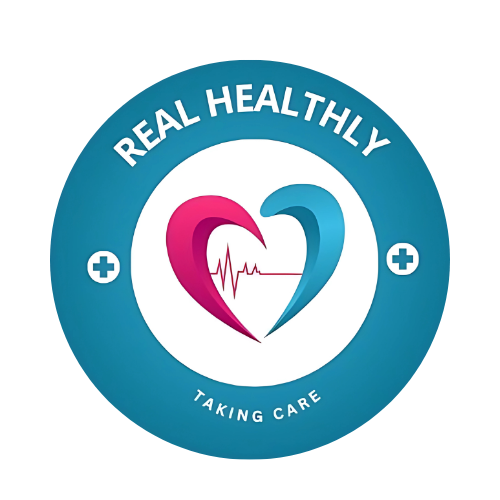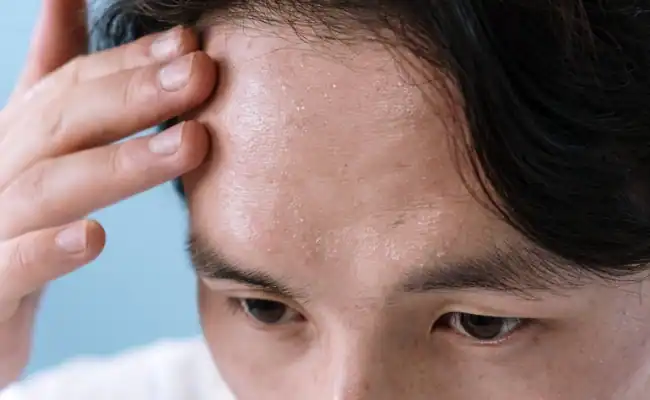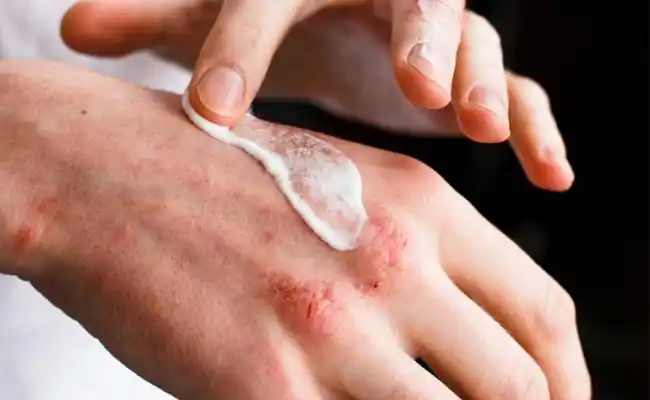Common Skin Problems in Winter and Solutions
We face several serious skin problems during winter. Especially the sudden drying of the air has a direct effect on the skin of every person. As the weather becomes drier in winter, the human body also becomes drier. Because dry air tends to absorb the watery part of the body. Not only the skin but also the hair becomes rough, the skin starts to dry. Lips are also cracked again and again. So every person faces three to four such problems. Older people have more problems because the collagen already in the skin of the elderly tends to break down.
But the problem does not end here. There are some diseases that may increase during winter. Examples include psoriasis, some eczema. There is a bad type of eczema called atopic dermatitis that flares up in winter. Even children are seen to suffer from this problem. In this disease, the skin starts to rise like petals and the skin breaks. There is a risk of different types of eczema if not taken care of in time. This is why it is recommended to apply coconut oil to the skin to retain moisture. Even coconut oil can be mixed with honey. Even commercially available petroleum jelly and paste can be used. It makes the skin better.
Let’s see what are the common skin problems in winter and how treat them.
1. Cracked leg:
Elderly or middle-aged people are more prone to cracked feet in winter. This problem is due to the weather becoming dry. In this dry weather, the most problem the people face is the cracked feet.
So, it is best to apply petroleum jelly or liquid paraffin on the cracked feet after washing your feet wirh luke warm water before going to bed at night.
You can also apply medicated ointment two or three times a day to heal this problem. The problem is that when the leg is torn, it is often seen that blood is coming out. The patient feels pain. Moisturizer should be applied from the beginning of winter for such a person. In addition, many elderly people develop eczema on their feet, which is called xerotic eczema. In this case, the skin dries up, the skin itches. In this case, you have to go to a skin specialist and follow his advice.
2. Dandruff:
Many people have very dry scalp during winter. Dandruff also increases. Dandruff causes hair loss. In this case, you need to shampoo regularly. If regular shampoos do not work or the dandruff does not reduce, then ketoconazole shampoos are needed.
3. Itching:
Itching all over the body irritates especially in the elderly in winter. And this is mainly due to the dry nature of the weather. In that case, the doctor gives the patient a moisturizer, along with some anti-allergy medicine.
4. Hives:
In winter, many patients come to the doctor and they say that while walking on the road or riding a bike, suddenly severe itching started all over the body. Along with it, the skin started to swell. This type of problem is called hives. Such complications are called cold urticaria. Such problems are caused by allergies. And the above-mentioned complications arise because cold weather acts as an allergen in that person. In this case, the patient is asked to go out in the cold as little as possible. So they are asked to take anti-allergic tablets before going to work in the cold.
This type of medicine does not have many side effects. Besides, it is said to try not to feel cold directly on the body. In this case cold is the allergen.
5. Chilblain:
The fingers of women especially those who work with cold water suddenly turn blue at this time. This problem is called chilblains. If the problem is not prevented in time, many times the problem can turn into an ulcer. A very painful situation develops at Chilblain. Symptoms persist until the cold subsides. Blood vessels in the fingers become constricted when exposed to cold air. As a result, the fingers do not have proper blood circulation. Gradually the fingers turn blue. Cold water can also cause chills on the hands.
So the patient is forbidden to use less cold water or gloves are asked to wear. This is how the problem can be dealt with. Many, however, are still unwell. In that case, they have to give blood vessel dilating drugs.
6. Facewash in winter:
Many people go to the doctor in winter and say that the face has become very dry or pimples have come out after using face wash.
In fact, those who have small pimples on their face are given such face wash which reduces the oily feeling of the skin. However, this type of face wash can cause problems again in winters. Because this type of facewash increases the dryness of the face. So consult your doctor before using face wash in winter.
7. Soap:
Using soaps that are high in caustic ingredients in winter will increase the dryness of the skin. For this reason glycerine soap should be used in winter if possible.
8. Side effects of AC in Winter:
Every office is now air-conditioned. The side effect of staying in AC for a long time is that the skin becomes scaly. Many people use AC in winter at home. So, if you stay in AC, you must use moisturizer on your skin.
9. Sunbathing:
We feel good to stay in sun in winter. But it is a fact that unknowingly we damage our skin while remaining most of times under sun. We must be educate ourselves to know that ultraviolet rays of the sun is always be harmful to your skin.
So always use sunscreen especially with SPF 30 before going out in the sun.
10. Beware of some diseases:
In winter season, the diseases like psoriasis, rosacea (red rash-like pimples) create a long term health hazards on skin. Psoriasis is not a complete cure. In these cases problems like diabetes need to be controlled with medication and dermatologist advice is seriously needed.
Final Thought:
Apply moisturizer two to three times a day. Moisturizers based on ceramides are available these days. There are some lipids in the body. This lipid helps to increase the moisture content of the skin. Moisturizers based on ceramides bring those lipids into the skin from the outside. However, a simple moisturizer works great in winter. Apply moisturizer three to four times a day.
Be careful using sanitizers. Many apply hand sanitizer multiple times after a covid episode. Alcohol in hand sanitizer dries out the skin. As a result, the surface of hand cracks. Hands also become dry. So every time you use a sanitizer, be sure to apply a moisturizer afterwards.
To keep the skin healthy in winter and throughout the year, one should eat more green vegetables, colorful fruits and water. Fruits and vegetables contain antioxidants like vitamin A, which are beneficial for the skin. It is also important to eat vitamin E. So keep some almonds in your daily diet during winters.



